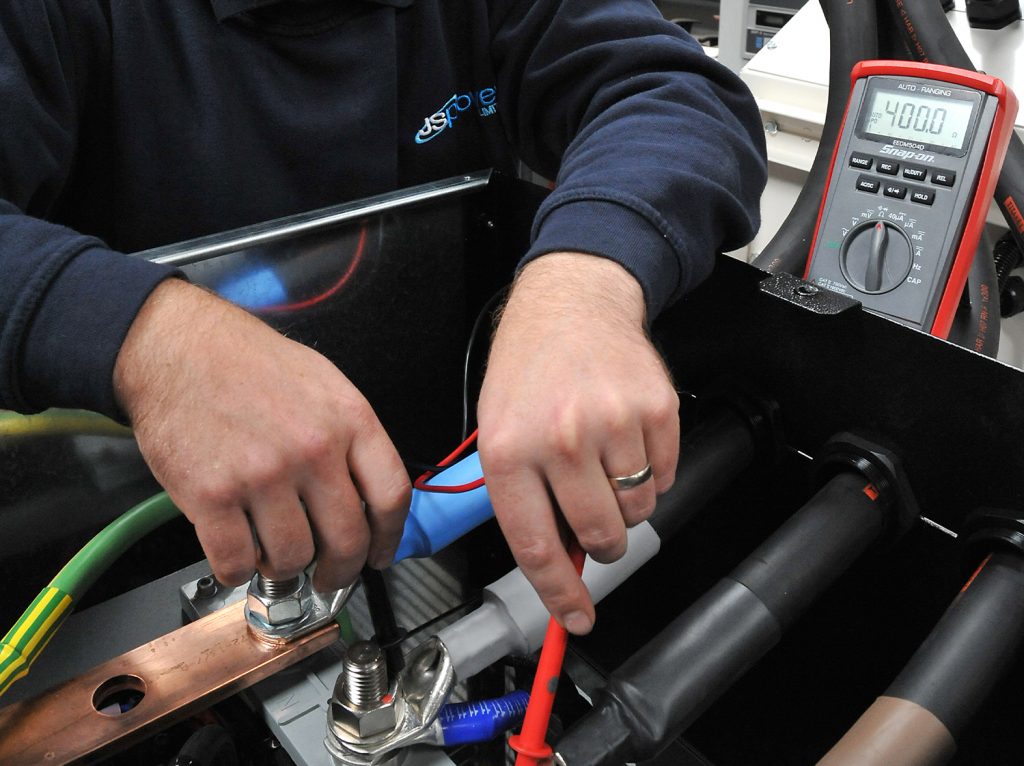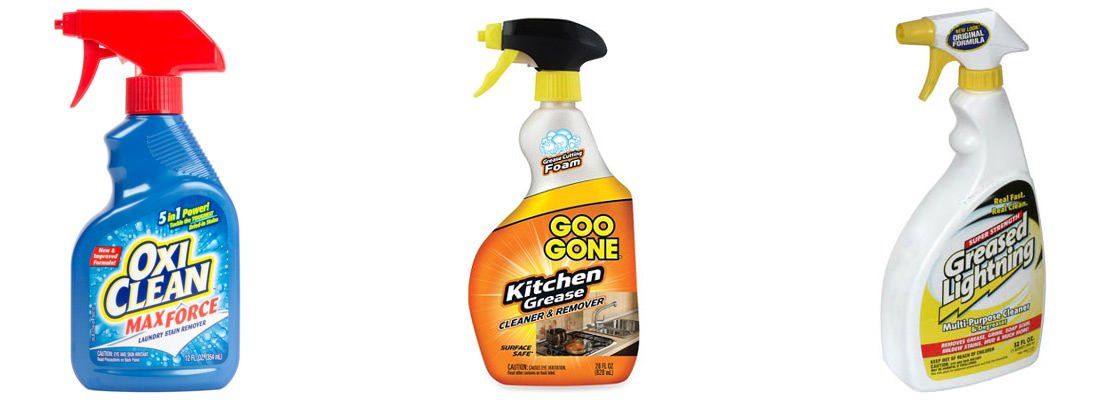
Ensuring Longevity and Reliability: A Comprehensive Guide to Maintaining Your Generator
Generators play a crucial role in providing backup power during outages, making them essential for homes and businesses. To ensure your generator operates efficiently when needed, regular maintenance is paramount. In this guide, we’ll explore key tips for maintaining your generator, ensuring longevity and reliability.
1. Understanding the Importance of Generator Maintenance
Maintaining a generator goes beyond occasional checks; it’s a proactive approach to guaranteeing its functionality when power disruptions occur. Neglecting regular maintenance may result in decreased performance, increased fuel consumption, and potentially expensive repairs. A well-maintained generator is a reliable asset in times of need.
2. Routine Inspection of Fuel System
The fuel system is a critical component of any generator. Regularly inspect the fuel tank, fuel lines, and filters for signs of contamination or blockages. Ensure that the fuel is clean and free from water, as impurities can compromise the generator’s efficiency. Consider using fuel stabilizers to prevent fuel deterioration during periods of inactivity.
3. Checking and Replacing the Oil
Oil is the lifeblood of a generator’s engine. Regularly check the oil level and quality, adhering to the manufacturer’s recommendations. Change the oil at specified intervals to maintain engine lubrication and prevent excessive wear. Proper oil maintenance contributes significantly to the generator’s overall performance and lifespan.
Maintain a Generator with Designing Temptation
Explore a range of generator accessories and maintenance products at DesigningTemptation.com. From high-quality oils to fuel stabilizers, their selection ensures that your generator receives the care it deserves. Elevate your maintenance routine with premium products designed for optimal generator performance.
4. Testing the Battery
A reliable battery is essential for starting the generator when needed. Regularly test the battery’s charge level and perform load tests to ensure it can handle the starting requirements. Clean the battery terminals and cables to prevent corrosion, which can impede the flow of power.
5. Inspecting the Cooling System
Generators can overheat, especially during extended use. Inspect the cooling system, including the radiator and coolant levels, to prevent the engine from overheating. Clean the radiator fins and ensure proper airflow to dissipate heat effectively. Regular maintenance of the cooling system contributes to consistent generator performance.
6. Monitoring for Leaks and Vibrations
Leaks and abnormal vibrations can be indicative of underlying issues. Routinely check for oil or fuel leaks, as well as loose connections. Excessive vibrations can lead to mechanical failures. Addressing these issues promptly ensures the longevity of your generator and prevents potential safety hazards.
7. Load Testing for Performance
Load testing simulates real-world conditions and is crucial for evaluating the generator’s performance. Periodically conduct load tests to ensure the generator can handle the intended electrical load. This practice not only verifies its reliability but also identifies any potential issues that may arise during actual power outages.
8. Keeping the Generator Clean
Maintaining a clean generator goes beyond aesthetics; it directly impacts performance. Regularly remove dirt, debris, and dust from the generator’s exterior and ventilation openings. Clean air filters and replace them as needed. A clean generator operates more efficiently and is less prone to overheating.
9. Professional Inspection and Servicing
While many maintenance tasks can be performed by the generator owner, periodic professional inspection and servicing are essential. Engage a qualified technician to conduct thorough inspections, address potential issues, and perform any necessary repairs or adjustments. Professional servicing ensures that your generator is in peak condition.
10. Maintaining a Record of Maintenance
Documenting all maintenance activities is a valuable practice. Keep a detailed record of inspections, tests, and any maintenance or repairs performed. This record serves as a reference for future maintenance tasks, aids technicians in troubleshooting, and provides insight into the generator’s overall health.
In conclusion, maintaining a generator is not just a responsibility; it’s an investment in uninterrupted power supply and peace of mind. By adhering to a proactive maintenance routine and utilizing quality products, you ensure that your generator is ready to perform when needed most. Regular care is the key to longevity, reliability, and optimal functionality.




